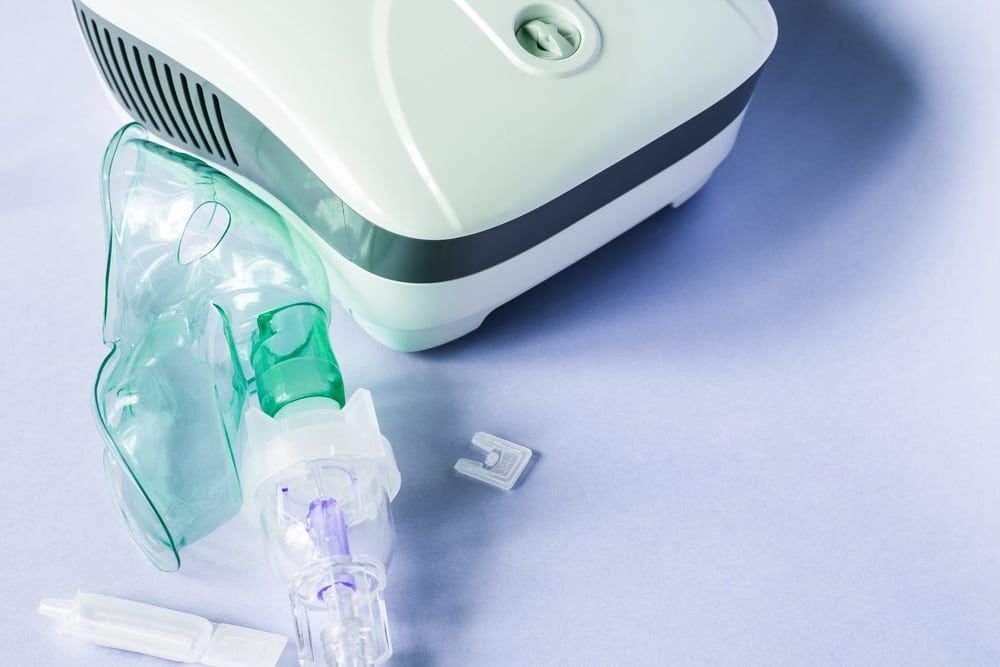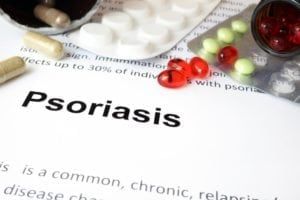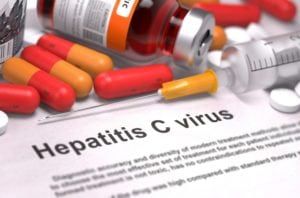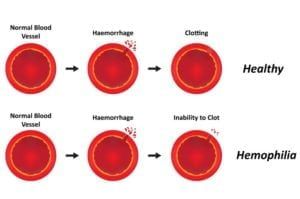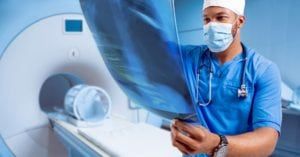A neurodevelopmental disorder is a genetic or acquired disorder that affects the peripheral or central nervous system, such as the brain and spinal cord, with an onset during childhood. These disorders obstruct a child’s nervous system development and in many cases lead to secondary problems, such as respiratory complications. Many neurodevelopmental conditions produce chronic respiratory health complications that inhibit a child’s ability to breathe, cough and overcome respiratory infection normally. However, early detection of developmental health issues can lead to early interventions and better management of a child’s respiratory health.
Did you know…
that children are born with certain primitive reflexes? These reflexes are present from birth and help with nervous system development during the first year of life. However, neurodevelopmental abnormalities can directly affect reflex and respiratory development, potentially resulting in serious conditions like swallowing difficulties and aspiration.
Frequently Asked Questions
What types of respiratory risks do children with neurodevelopmental abnormalities face?
Children with certain types of neurodevelopmental abnormalities may experience chronic respiratory health problems associated with their condition, as well as an increased risk of complications after contracting respiratory illnesses, such as the flu. For example, a child with abnormal curvature of the spine may develop a deformed chest wall. This can subsequently lead to restricted respiratory function and labored breathing. Similarly, children with cerebral palsy are at a heightened risk of developing asthma, bronchiolitis, GERD and chronic aspiration.
How should I manage my child’s respiratory health?
It is important to monitor your child for signs of respiratory distress at all times, as this could be a life-threatening condition. If you have a child with a neurodevelopmental abnormality, bring him or her to a pulmonologist for respiratory evaluation. There, your child’s lung function, breathing and coughing mechanisms can be evaluated and a recommendation for treatment made.
What types of treatments are available to children with chronic respiratory problems caused by neurodevelopmental abnormalities?
Treatment for chronic respiratory problems depends on the severity and type of problem your child has. Medical interventions may include the use of an inhaler, prophylactic antibiotics and respiratory supports. Some children may also benefit from dietary and nutritional changes.
